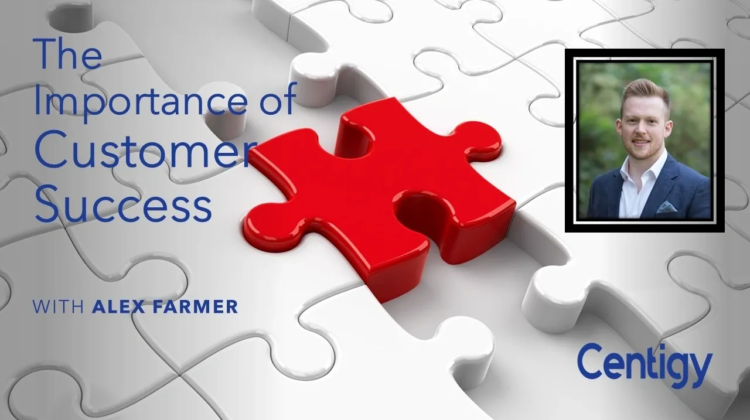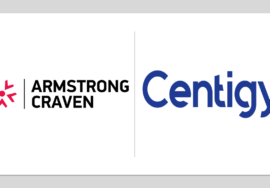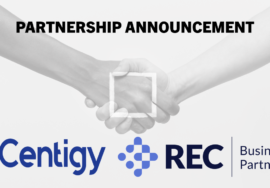
The Importance of Customer Success
HR Professionals, Tech Vendors and Venture Capitalist all ask the same question “what does a good HR Tech Vendor look like?”. My answer is usually along the lines of “one that treats you like a valued customer, and not just a valued prospect”. The challenge we all face is how to predict what our experience will be like before entering an agreement. Luckily, there are many indicators I can help you with, one of which is the existence of a Customer Success function within the vendor. To help you understand what Customer Success is in more detail, I (Kevin Butler) spoke with a thought leader in this space, Alex Farmer. Below are the highlights from that interview.
Bio
Alex is VP European Sales and Customer Success at Incopro, a brand protection technology company, where he leads the EMEA sales, global customer success, partnerships, onboarding, training, and support functions. He also advises several start-up businesses on how to create and embed customer success teams. Prior to Incopro, Alex built the customer success function at HR tech scale-up Fairsail, having joined as employee 32. Fairsail became one of the fastest-growing tech companies in the UK and was acquired by Sage in March 2017 to form Sage People. He is originally from San Francisco but has been located in London for the past six years.
What is customer success?
In the past, software companies sold perpetual licences. This meant that you bought a licence once and you could use it forever, while paying a small amount for support and maintenance. In this model, the buyer had to install the software in their infrastructure, incurring further costs. Nowadays, software usage is delivered via a subscription model. [wanna say two words about what this is?] Software businesses can no longer rely on vendor lock-in to maintain market share. As a result, the power is back in the customer’s hands. One or two bad experiences could result in losing customers – those customers choosing not to renew their subscription. The Customer Success (CS) function is an answer to that. The sales function sells a vision to the customer and the CS function ensures that the customer achieves that vision, because if they don’t, the customer may not renew, and the vendor’s revenue will churn.
Customer success is different to traditional customer support, whose purpose is to react to customer needs – the customer calls the vendor when something breaks, or they have a question. CS is proactive – it is there to guide the customer to their business goals, using the technology they purchased.
At which point in the selection/sales process should the customer success team get involved?
It depends on the product, but generally I think the CS team should get involved before the sale closes, to avoid re-reviewing the buyer’s requirements both pre- and post-sale. Ideally, this would be 2-4 weeks prior to signing or at finalist stage. It is also very reassuring for the customer to introduce the CS manager and say: “We are going to help you achieve the goals you set for this project, and the vision we painted together.” When CS is introduced in the sales process, it is a differentiator for the vendor as it addresses the emotional state of the prospect at a critical time in selection. The CS team’s involvement at this stage can help set a more realistic expectation of the white-glove service that the customers should receive throughout their contractual term. The peace of mind knowing you have a dedicated person responsible for coordinating the implementation and ongoing utilisation of a tool can be very powerful, especially for HR technology, because every single employee will interact with it – so the stakes are high to select the right solution that has a team dedicated to making it successful.
So, in short, the answer is that the CS team should get involved before the contract is signed. A ripple effect of early CS engagement is the sales team becoming more accountable. CS becomes a mindset or culture that all parties buy into.
Why is CS important for vendors?
There is a lot of choice out there. Customers are no longer tied down in perpetuity. Having someone responsible for ensuring that customers attain their goal is critical to retaining revenue. Loyal customers result in increased revenue. Happy customers are more inclined to say good things about a product which leads to referral revenue. This reduced ”customer acquisition cost” increases profit margin. We all know that customers are the best lead generators. So, if you become known as a customer driven company, the phones will not stop ringing. In essence, CS is an efficient growth engine.
Why is CS important for customers?
When you have CS (expert on product) matched with a customer (expert on desired output) working side by side, you connect product to output. A product may tick all of the boxes in an RFP, but can you actually use it, and can it make an impact for your company? The CS manager can elevate the customer’s voice within the business to ensure vision becomes reality. For me it is all about “adoption” and ”impact”. And remember, your CS manager does not just work with you, they work with 20 other accounts. They will be aware of things that work well with other customers that may not be on your radar yet. For me, this is what customer success is all about: sharing what works best for customers, so that success is shared.
Tell me a story about when CS worked well.
I remember one of my first good experiences as a CS manager. The business I joined had just established a CS function and I was our first CS manager. I was called out to a meeting with an unhappy customer. In that meeting they basically told me “your product sucks”. So, I immediately cleared my diary for the rest of the day, and we got to work. I sat in their office which overlooked a graveyard. Which, at the time, seemed quite foreboding!
We started by asking what does not work. We found out that the functionality did in fact work, but the customer documentation was not written very clearly. We were able to fix the issues they had by better explaining the documentation (as well as rewriting it) and linking the product functionality to their overall business goals.
About a year later this customer was acquired. We then pitched to the parent company about how we dropped the ball but picked it up and delivered. The parent company took us on group-wide, tripling the value of the contract.
What profile of HR Tech vendor typically invests in CS?
Any HR tech company that wants to keep customers and grow efficiently should invest in Customer Success. There is a real benefit to being known in the market as a company that actually delivers business value and invests in making customers successful. If you don’t, your competitors will.
As a customer, how can I validate if a supplier has a CS team?
While CS is an important function for tech companies it can also be reduced to a buzzword for businesses who just want to jump on the bandwagon without actually investing in a proper CS team/customer-centric culture. More and more, we see vendors publish a CS tab on their website, but do they deliver? How do we test this statement?
Firstly, press for references. And no, the same old reference customers that do all these calls will not do. Do you have access to the person who will be managing your account? Which customers have they worked with? Can you get a reference from one of their accounts? If you get push-back on this, it is the wrong answer. Do they have a customer community? What does their webinar series look like? How can you help beyond just clicking through the software, to learn more about my role? You should not think that you are only buying a product; you are buying a solution to the problem you are facing. In summary, press for a person and press for other voices that are not the vendor.
Transcript ends.








